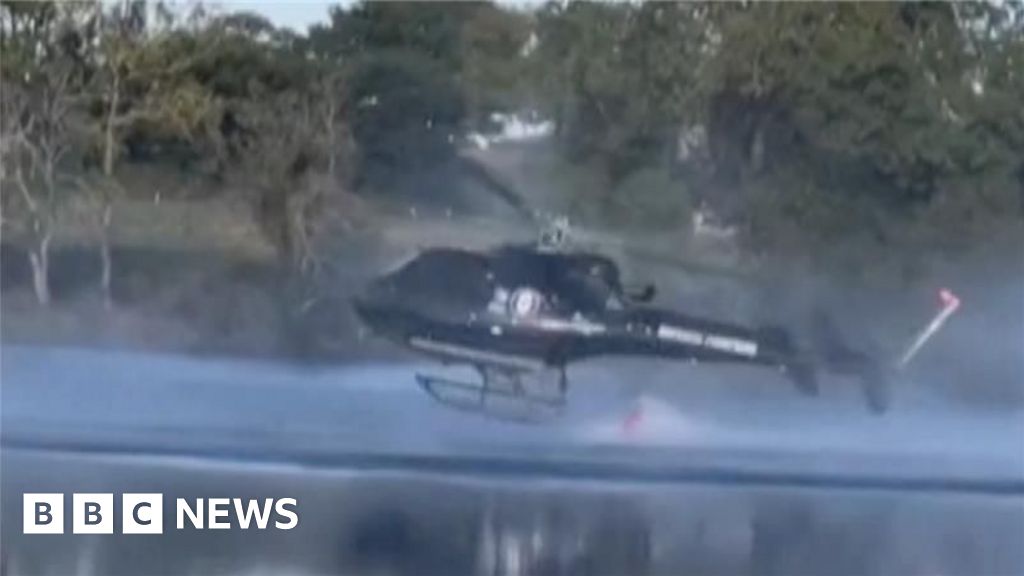The Zambian government's response comes after the US embassy expressed concerns about contamination from a February incident where a tailings dam at the Sino-Metals mine collapsed, affecting the Kafue River—a critical drinking water source for many. The health alert prompted the embassy to evacuate its personnel from Kitwe and surrounding areas, citing evidence of hazardous materials in the environment.
Zambian spokesperson Cornelius Mweetwa stated that laboratory analyses indicated normal water pH levels, thereby dismissing the need for public alarm. The government maintains that health, environmental, and agricultural standards have been upheld, and that proactive measures have been taken to mitigate any repercussions from the spill. Representatives from the mining company, a subsidiary of the China Nonferrous Metal Mining Group, committed to compensating affected communities at the time of the incident.
While some ministers advocate for continued vigilant testing of water quality—asserting that it meets World Health Organization standards—others express skepticism toward the US embassy's timing in issuing the warning. Opposition leader Peter Sinkamba criticized the alert as politically motivated, questioning the embassy's previous silence regarding other local environmental issues.
Environmental experts, including Centre for Environment Justice’s Maggie Mapalo Mwape, have classified the spill as a national disaster, demanding urgent action to address the situation and safeguard community health. The contrasting views highlight the ongoing complexities surrounding health, environmental policies, and international relations in the wake of environmental disasters in Zambia.
As discussions unfold, it remains crucial for Zambia to balance local concerns with international pressures, ensuring that public health remains at the forefront of their response strategies.
Zambian spokesperson Cornelius Mweetwa stated that laboratory analyses indicated normal water pH levels, thereby dismissing the need for public alarm. The government maintains that health, environmental, and agricultural standards have been upheld, and that proactive measures have been taken to mitigate any repercussions from the spill. Representatives from the mining company, a subsidiary of the China Nonferrous Metal Mining Group, committed to compensating affected communities at the time of the incident.
While some ministers advocate for continued vigilant testing of water quality—asserting that it meets World Health Organization standards—others express skepticism toward the US embassy's timing in issuing the warning. Opposition leader Peter Sinkamba criticized the alert as politically motivated, questioning the embassy's previous silence regarding other local environmental issues.
Environmental experts, including Centre for Environment Justice’s Maggie Mapalo Mwape, have classified the spill as a national disaster, demanding urgent action to address the situation and safeguard community health. The contrasting views highlight the ongoing complexities surrounding health, environmental policies, and international relations in the wake of environmental disasters in Zambia.
As discussions unfold, it remains crucial for Zambia to balance local concerns with international pressures, ensuring that public health remains at the forefront of their response strategies.




















